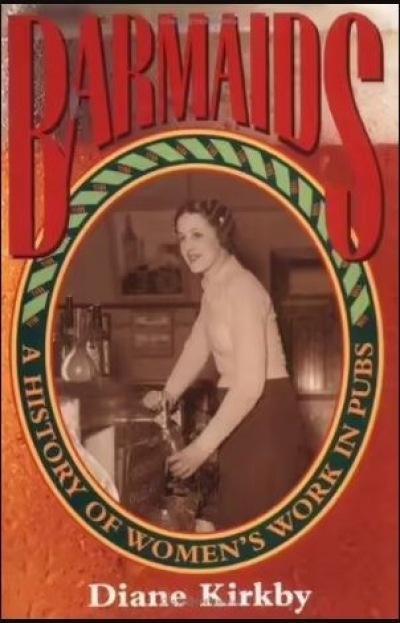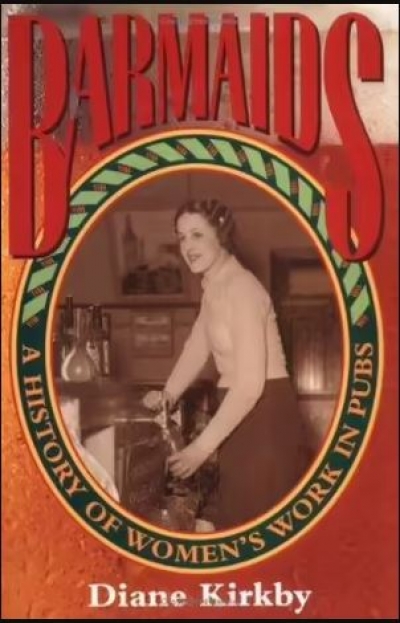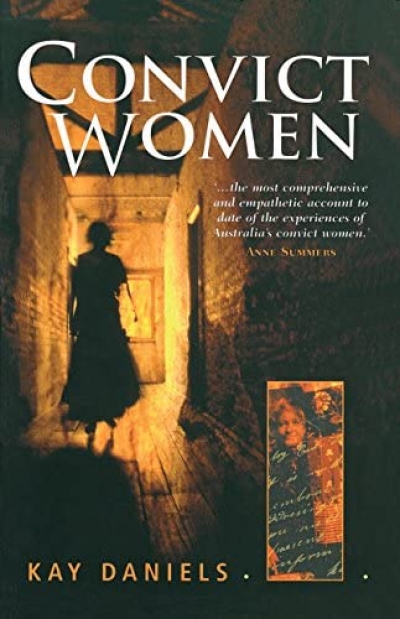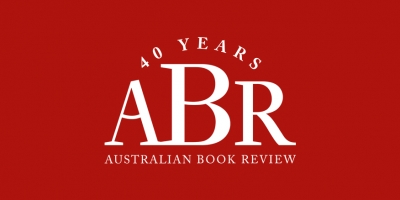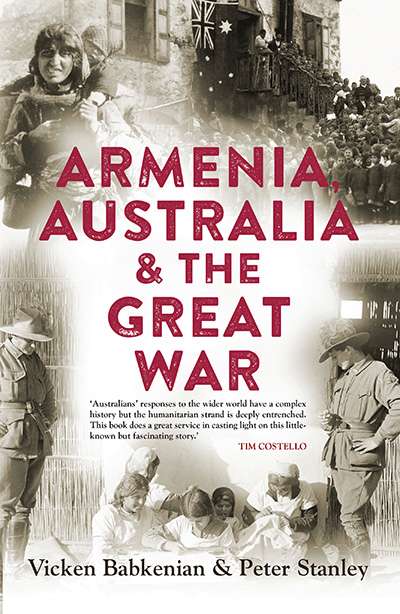Joy Damousi

Professor Joy Damousi is Director of the Institute for Humanities and Social Sciences at Australian Catholic University. She is the author of numerous books, including Living with the Aftermath: Trauma, Nostalgia and Grief in Post-war Australia (Cambridge, 2001); Freud in the Antipodes: A Cultural History of Psychoanalysis in Australia (UNSW Press, 2005; winner of the Ernest Scott Prize) and Colonial Voices: A Cultural History of English in Australia 1840-1940 (Cambridge 2010). She is a former president of both the Australian Academy of the Humanities and the Australian Historical Association.
No icon better encapsulates the ethos of male culture than the pub. Sharing a beer in this bastion of male conviviality has been a defining experience in shaping Australian male identity. The pub as a cultural and social institution has attracted the attention of many historians, but none have considered the ubiquitous and yet mysteriously anonymous figure of the barmaid. Although represented in f ... (read more)
In a recent history of punishment in Australia, Mark Finnane observes that there is a ‘seemingly inexhaustible vein of convict history’. This has been especially true most recently of the history of convict women and the increasing number of accounts which are now being published in this field is to be welcomed. These studies offer a corrective to histories which have relegated convict women t ... (read more)
In October, the Australian research and academic community was angered by the revelation that the former Minister for Education and Training, Senator Simon Birmingham, vetoed eleven Australian Research Council (ARC) grants that had been recommended for funding following a rigorous peer-review process. The minister did not provide reasons for his secret intervention, which resulted in a cut of $4.1 ... (read more)
The Armenian Genocide, which claimed an estimated 1.5 million lives, began in 1915. It continues to cause controversy today and is a hotly contested event; several nations, including Australia, do not recognise it as genocide. While the British government has condemned the massacre, it does not consider that it qualifies as genocide under the 1948 United Nations Convention on Genocide. Although th ... (read more)

